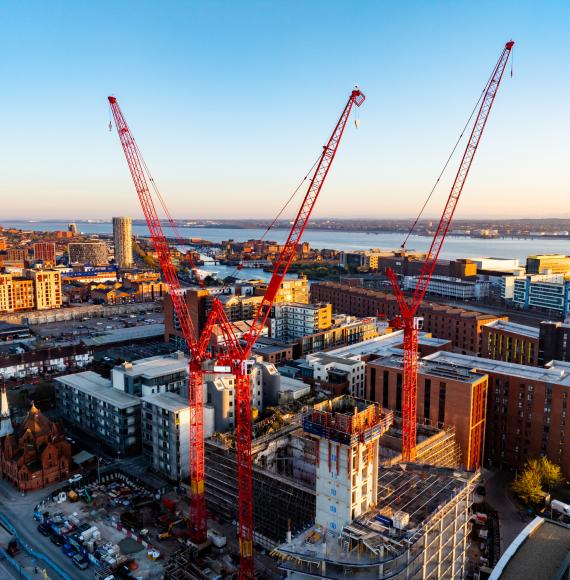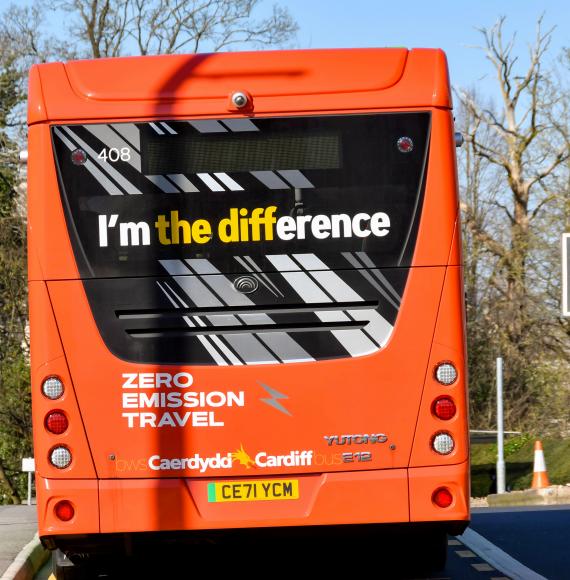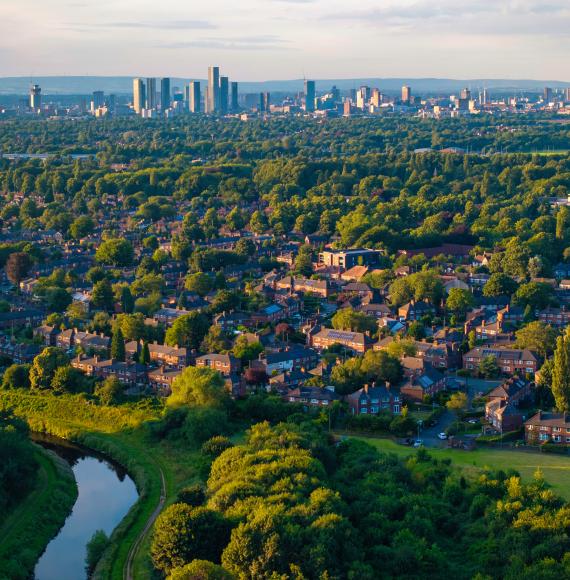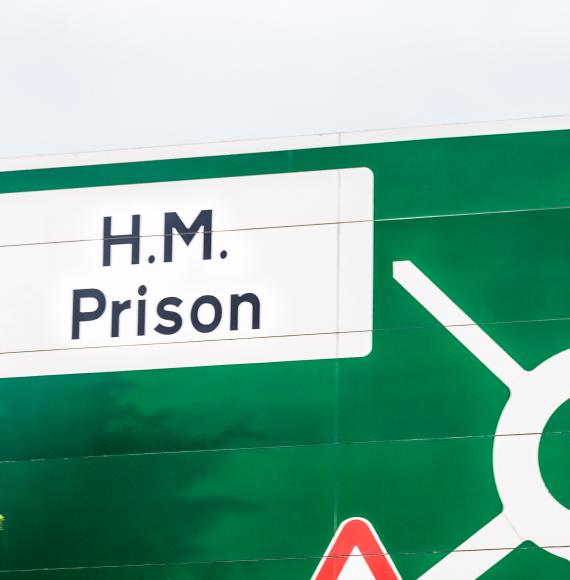The government still has ‘no clear plan for how the transition to net zero will be funded’ or ‘how it will replace income from taxes such as fuel duty’, despite taking two years to publish its plan for achieving net zero by 2050, a House of Commons committee has said today.
The Public Accounts Committee also said that there is ‘no reliable estimate of what the process of implementing the net zero policy is actually likely to cost British consumers, households, businesses or government itself’.
They said that certainty for business and consumers is critical and have noted repeatedly in recent reports that the government has ‘too often pursued stop-start strategies’.
According to the committee, this undermines confidence for business, investors and consumers in committing to measures which would reduce carbon emissions, especially when some green alternatives are still significantly more expensive than current options.
Commenting, Chair of the Public Accounts Committee, Dame Meg Hillier said:
“Government is relying heavily on rapidly changing consumer behaviours and technological innovations to drive down the costs of green options, but it is not clear how it will support and encourage consumers to purchase greener products or incentivise businesses and drive change.
“Every government department has a responsibility for delivering policies towards the target of net zero but two years after enshrining the net zero by 2050 target in law, the government has unveiled a plan without answers to the key questions of how it will fund the transition to net zero, including how it replaces significant income from taxes, such as fuel duty.
"The government’s net zero strategy requires government, local government, regulators, businesses and consumers working all together to deliver its targets. A top-down strategy from government won’t deliver on its own.
“There is a risk that a series of disconnected initiatives announced by central government will not bring about the changes that are now set out in law.”
The Local Government Association’s (LGA) Environment Spokesperson, Councillor David Renard added:
“As leaders of local communities, it will be local governments in our cities, towns and rural areas across the world who will be driving the collective action required to address the climate emergency.
“This is a climate emergency and it is vital the government has a clear plan and acts fast to give councils the powers and resources to deliver on the projects and culture changes that will make a difference in local communities and help achieve net zero by 2050, if not sooner.
“Councils want to turn ambitions and policy work into a deliverable plan for decarbonising and adapting places. We’ve seen investment in flood defences, electric vehicle infrastructure and parks and green spaces, which create cleaner air in our communities and thriving habitats for wildlife.
“Our ambitious plans show how councils can go further and faster tackling climate change, and as our polling shows, councils are the ones who are trusted the most to get on and deliver for their residents.
“Councils are rooted in their places where people live their lives and businesses do their business and know their communities better than anyone else. This is why they are best placed to lead the way towards a net zero future.”
PSE will be hosting a Public Sector Decarbonisation in association with Liberty Charge virtual event on 17 March 2022. Join us for the full day event by registering here.



















